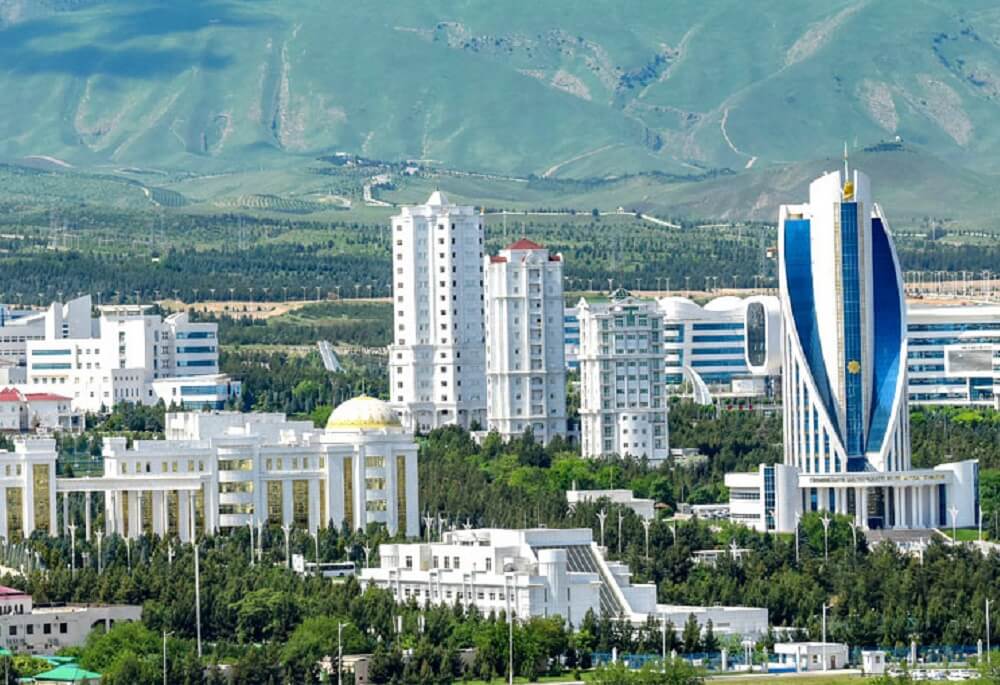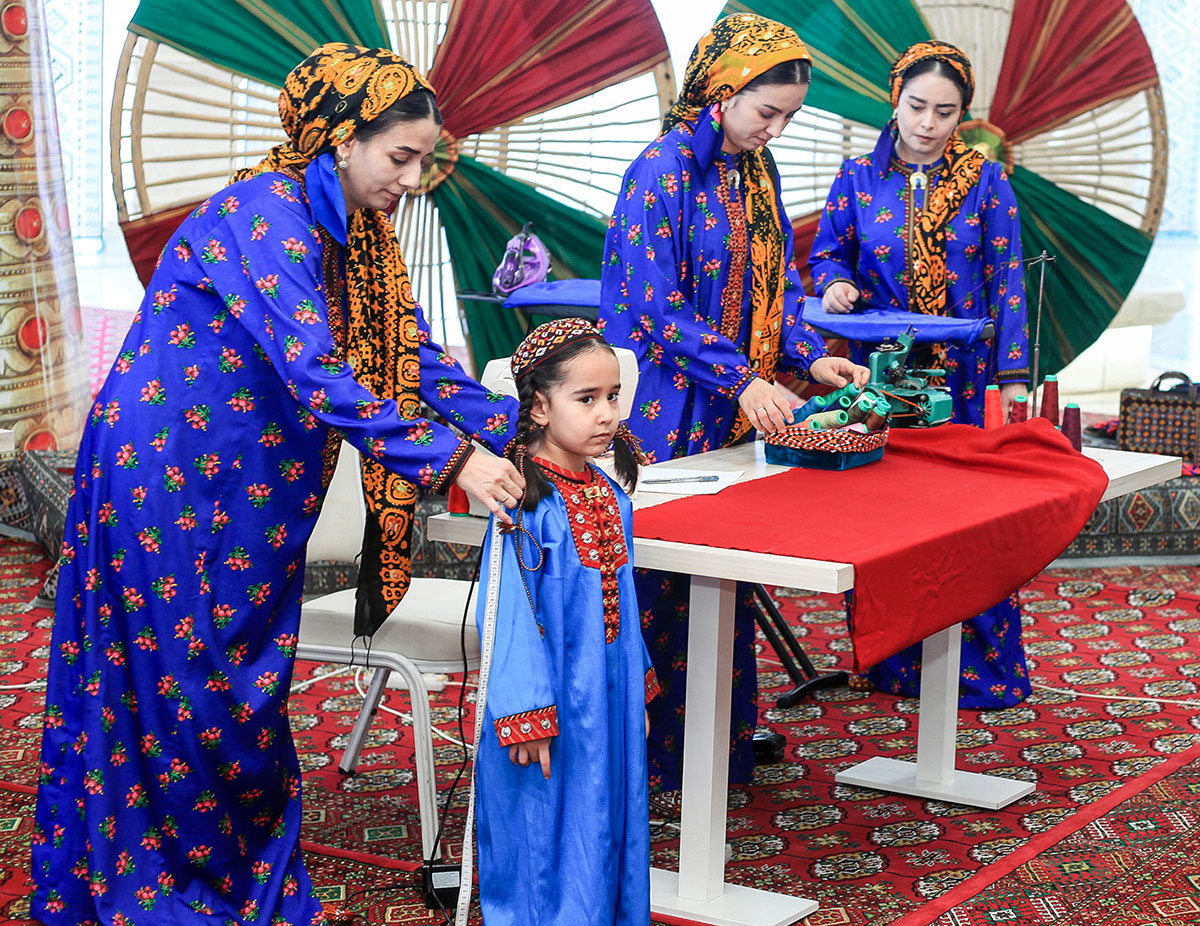Who, if not medical workers, understands the truth that it is easier to prevent a disease than to deal with its relapses and consequences. In this regard, prevention, exchange of experience and multilateral partnerships with colleagues from various countries are important. They are important because medical practice and scientific methods in the field of prevention and treatment of various diseases have a wide geography. It is no coincidence that it is with doctors that consultations, scientific symposiums and conferences are of the most specific and applied nature. Timely and open exchange of experience and accumulated knowledge allows doctors to prevent the spread of dangerous diseases, infections and epidemics.
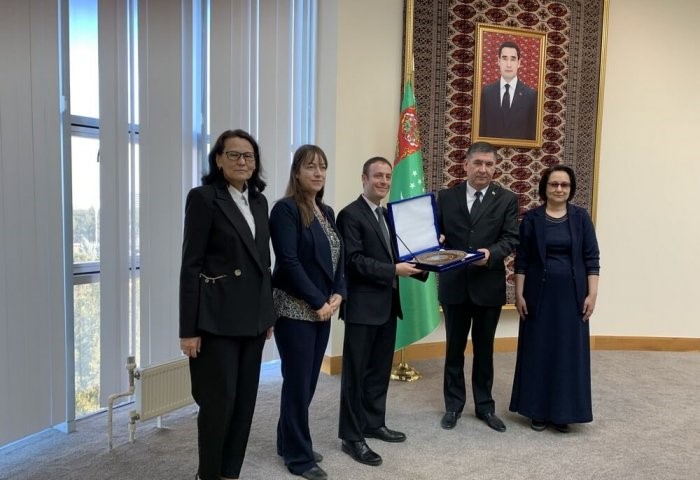
Over the years of independence, guided by the State Program «Saglyk», a lot of work has been done in Turkmenistan to protect the health of the population, establish the principles of a healthy lifestyle, develop physical culture and mass sports. A network of modern medical institutions has been created throughout the country - «Ene mähri» and emergency ambulance centres, multidisciplinary hospitals and sanatoriums, and pharmaceutical enterprises. The necessary conditions have been created to strengthen the health of the population, prevent, diagnose and treat diseases using modern innovative methods, increase human life expectancy, and ensure the availability of high-quality medical services. In this direction, international cooperation activities are also being carried out with the world community, especially with the World Health Organization (WHO).
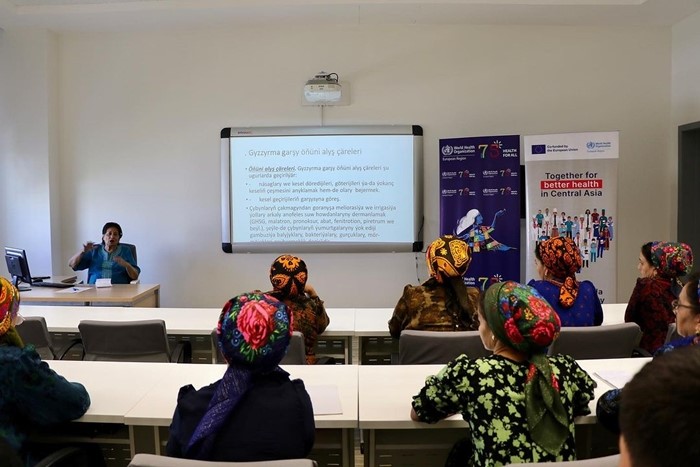
Turkmenistan is consistently strengthening multilateral interaction with countries of the world and leading international structures in the field of healthcare. Contacts are being intensified to exchange experiences through telemedicine and teleconferences, as well as to introduce advanced techniques into medical practice. The state's successes in this direction receive international recognition. In this context, it should be noted that, as confirmation of its activities in protecting the health and ensuring the well-being of the population, our country received a special sign and certificate from the WHO European Office. The ongoing program changes and reforms are an effective incentive for the further development of the healthcare system and medical industry of Independent and Neutral Turkmenistan.
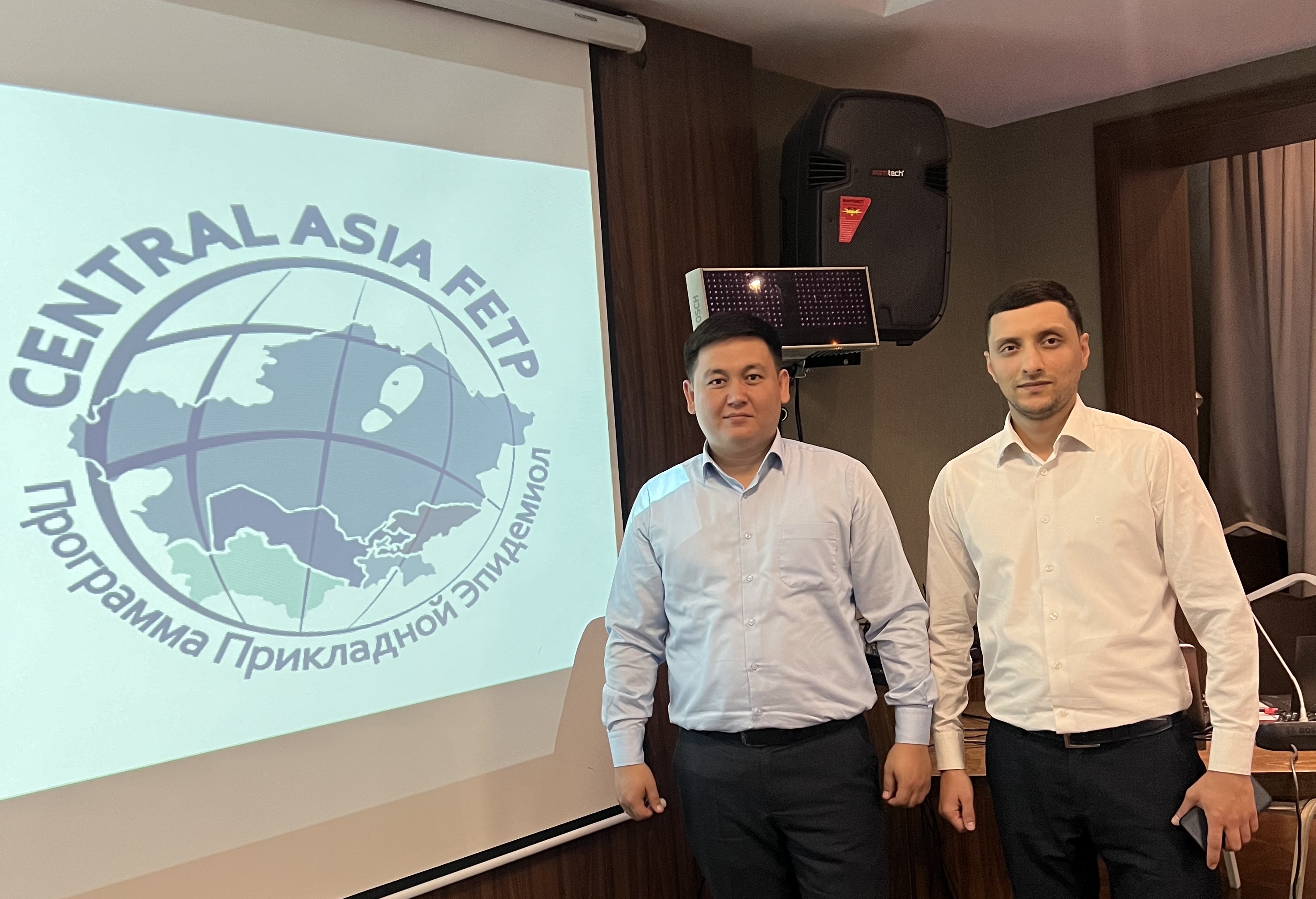
In terms of sharing experience in combating dangerous infections, Turkmenistan also seeks mutually beneficial cooperation with medical institutions that have rich experience in this regard. For example, at the beginning of this year, an authoritative American delegation from the Centre for Disease Control and Prevention (CDC) visited Ashgabat. The head of the delegation, Dr. Alexander J. Millman, Director of the Global Health Program for Central Asia, during his stay in Ashgabat held a number of meetings with representatives of the Ministry of Health and Medical Industry of Turkmenistan, the Centre for Public Health and Nutrition, as well as with the teaching staff of the State Medical University. The US delegation expressed its desire to support Turkmenistan's capacity to prevent, detect and respond to dangerous infectious disease threats, including supporting the training of qualified public health personnel.
The Centres for Disease Control and Prevention are part of the US Department of Health. The CDC has offices not only in the United States, but also in other countries around the world and performs a wide range of tasks, ranging from the prevention of infectious diseases and food safety to the fight against cancer and diseases of the circulatory system.
Today, the CDC has several branches in the Central Asian republics. Not long ago, specialists from the Ministry of Health and Medical Industry of Turkmenistan, like their colleagues from other republics of the region, completed a special training program for the Training Program for Applied Epidemiology in Central Asia (FETP) in Almaty, the Republic of Kazakhstan. The FETP program consists of three key elements: strong mentors, strong residents, and strong field projects. Trained professionals were able to help strengthen multi-sectoral collaboration (human, animal and environmental) in Central Asia and work together to identify and respond to disease outbreaks as part of the One Health Program. They can make important calculations, compare complex data, transfer knowledge, collaborate with each other and the world, and navigate the complex world of public health threats. In the future, these specialists will become Mentors who will help the next fellows become more experienced and motivate them to be mentors in the future.
In terms of combating dangerous infections and preventing the spread of epidemics, Turkmenistan also cooperates with other authoritative international medical organizations from around the world.




